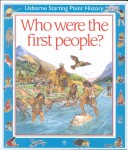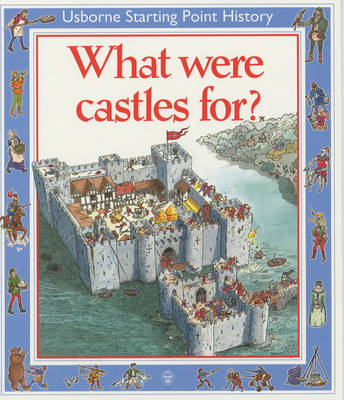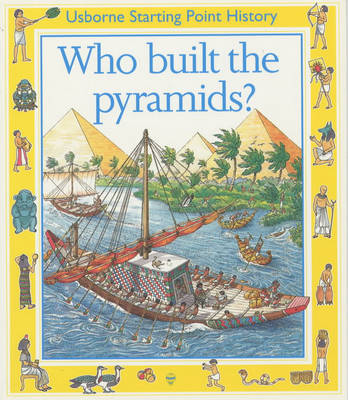Usborne Starting Point History S.
4 total works
Offering a critical review of the extensive educational management literature itself, the main concern of the authors of this work is that educational management texts do not do enough to encourage school leaders and teachers to challenge social inequality or the market and managerial reforms. They demonstrate this problem through detailed analyses of texts in the areas of educational marketing, school improvement, development planning and strategic human resource management, school leadership and school change. For academics and students, Education Management in Managerialist Times offers a critical guide to existing educational management texts and makes a strong case for redefining educational management along more socially and politically informed lines. The book also offers practitioners alternative management strategies intended to contest, rather than support, managerialism, while being realistic about the context within which those who lead and manage schools currently have to work.
-- Gives answers to the first questions children ask about history, provoking comparison with life as they know it today
-- Gives answers to the first questions children ask about history, provoking comparison with life as they know it today
"Why were pyramids pyramid shaped?" "How were they built?" "Who were the ancient Egyptians?" "Why did they write on walls?" These are just a few of the questions likely to be asked about ancient Egypt by an inquisitive child. Designed to stimulate further questioning and discovery, this title is one of a history series for children of six and upwards. Packed with pictures, concise text and reader activities, the book brings ancient Egypt to life. It also looks at how we know about life along the Nile over 5,000 years ago.



